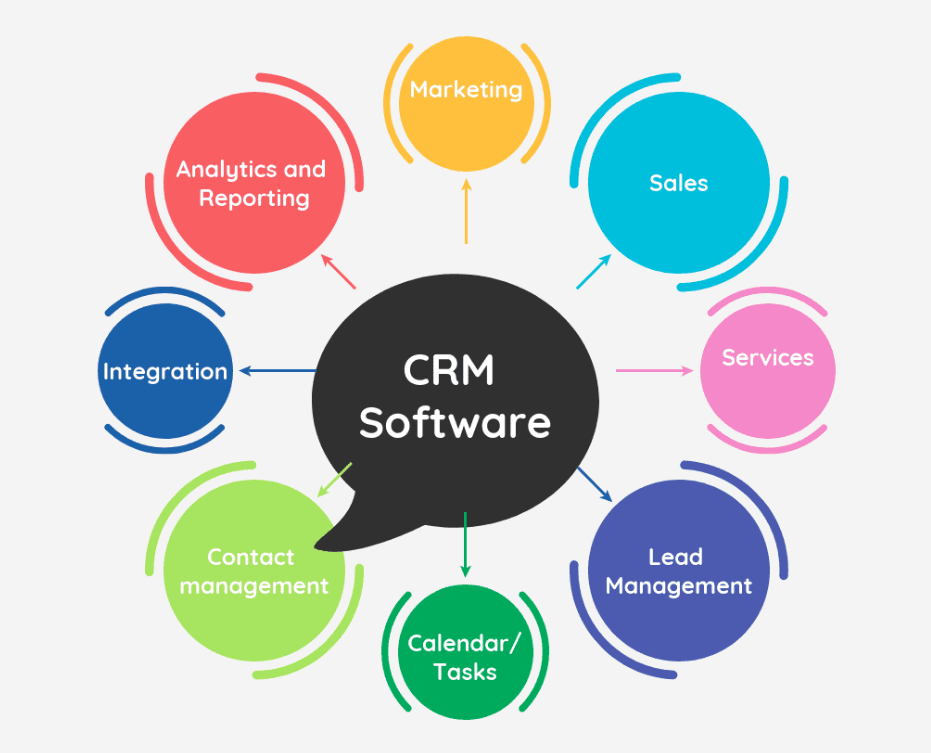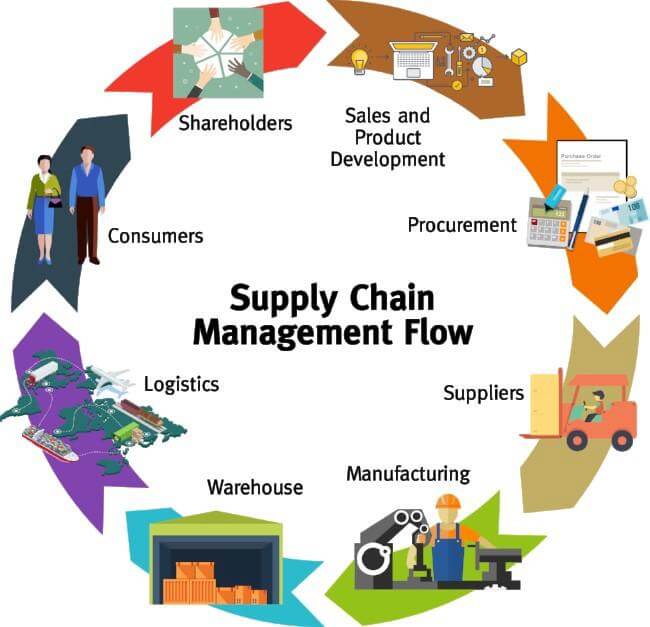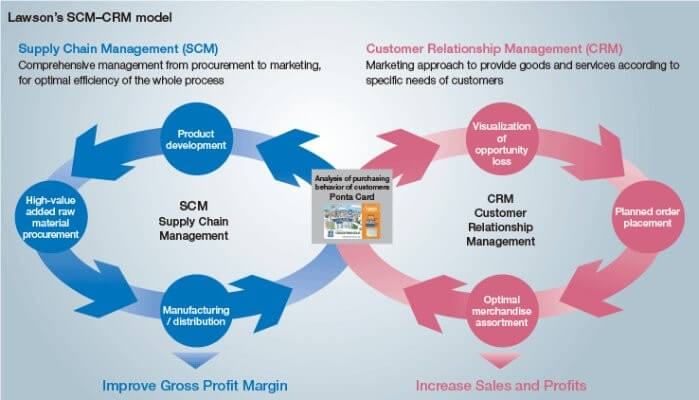Every business is getting an endless list of commercial devices to ensure growth. However, no matter which business you are into, CRM software has become essential for every industry. It adds value to other processes of businesses. Thus, it is inevitable to ignore the customer relationship management system when it comes to Supply Chain Management. The combination of the Supply Chain Management system and CRM software becomes an excellent tool for businesses to grow globally.
The New York Times article clearly mentions that CRM software’s job is to rapidly interact with customers, collect information on everyone who gets in touch with a business, and note their preferences and needs. Such data becomes helpful in fulfilling customers, distributors, suppliers, and manufacturers’ requirements as a part of the Supply Chain Management system.
This article will provide an overview of CRM’s role in Supply Chain businesses.
What Is a CRM Software?
Customer Relationship Management is a connection point between businesses and customers. It provides a case study on the target audience and creates algorithms that help in expanding businesses.

Usually, the job of CRM software is to accumulate information on individual customers and provide an overview of collective data to the owners to make lucrative decisions. Such data contains several aspects and a 360 view of customers and the market. Strategic, operational, and analytical variations of CRM are optimized to break down the work process accordingly to make it more efficient.
You May Like: How Do I Choose a CRM for My Business?
What Is Supply Chain Management?
Supply Chain Management (SCM) is a process where the right products are delivered at the right time and the right place at the right price to the consumers. SCM controls businesses’ functionality, which includes customers’ demand, planning, collecting raw materials, production, inventory, sales, distribution, delivery, and return.
Several companies use various SCMs, such as product-based, information-based, and finance-based, according to the requirement of workflow. Supply Chain Management is responsible for fulfilling the needs of different types of customers.

What Is the Connection Between CRM and Supply Chain Management?
Elon Musk once mentioned in an interview, ‘Supply Chain stuff is really tricky.’ Hence, this statement signifies the complexity of Supply Chain Management. On the plus side, when owners connect CRM software with SCM, it produces excellent exposure for the business. These are some advantages of joining these two forces.
CRM software makes space for a smooth area where businesses can effortlessly get in touch with every customer and helps to meet each customer’s expectations.
Supply Chain Management plays an essential role in sales and marketing. With the help of CRM, businesses target and promote their most sold and profitable products and services on the best approachable social media platform.

With the massive collection of data, CRM promptly leads business owners towards new trends, changes, likes, and approaches. It helps SCM plan, execute, and sell products and services accordingly.
With a better understanding of customers’ mindset in each season by CRM, SCM can adopt new methods and develop a new product in time. CRM’s continuous study of the market can tell which customer is planning to move to the competitor’s brand and why.
Therefore, CRM and SCM have become two sides of the coin in franchises to get the best ROI.
See Also: 5 Benefits of Effective Data Mining in CRM
Why Do Supply Chain Companies Use CRM Software Programs?
These are a few reasons that explain the need for CRM in Supply Chain companies and how they bring out their best.
1. Accurate Forecasting
CRM in SCM offers excellent insight into market demand in various seasons. Hence, businesses can be prepared to fulfill the market’s expectations. It saves a lot of time, energy, and money. This information can lead to more significant turnover and higher market value. Market prediction allows companies to have enough goods for customers and be prepared to deliver each customer’s expectations.
2. Enhance Delivery Performance
SCM handles planning, production, and distribution without any flows. CRM’s accurate predictions allow Supply Chains to allocate adequate goods and services to each location so that customers do not get disappointed and businesses do not lose them to other competitors. As a result, they can quickly deliver the products and services in demand in a particular area. Previous data history can come in handy and help management make effective decisions.
3. Cost-Effectiveness
Through various surveys, businesses collect unique information on customers. It helps owners understand what customers are looking for as their desires change according to different times, seasons, situations, moods, etc. Such tailored and detailed information gives a chance to businesses to act upon it and avoid unnecessary activities. Channelizing money in the right direction is one of the best outcomes of CRM software in Supply Chain Management.
4. Improved Productivity Level
SCM that incorporates CRM takes productivity to a higher level. It helps to understand new trends and styles in the market as the requirement. Moreover, it becomes necessary for businesses to pick up recent updates and change their game as needed. It helps them earn customer loyalty, and bringing something new can retain the existing client.
For instance, as per the latest fashion trends, the garment industry focuses on new products to hold on to the customer and attract new ones. This way, they can always be in the market and maintain their name while earning plenty of profits.
5. Inventory Reduction
Overstocking can be a significant issue in giant supply chains. In several industries, overstocking can create wastage and cost money to businesses. CRM in SCM can stop such situations because the system provides realistic numbers to the companies and encourages them to reduce inventory to what the market really wants. These points show CRM and SCM need to work hand in hand for businesses to reach a new level of success.
You May Like: 18 Best CRM Software for Small Businesses (Experts Advice)
Conclusion
Customer Relationship Management has become an integral part of Supply Chain Management. CRM with RPA (Robotic Process Automation) and CRM without RPA to determine the right solution for your business. Running a business becomes much smoother with the correct information at the right time, and mindful use of CRM in Supply chain management systems can create a legacy.
Jason Adams is a writer with a keen interest to continue learning and developing his research abilities. An avid reader and an eye toward growth, he is associated with GoodFirms, a frontline, and evolving reviews and rating platform.





















